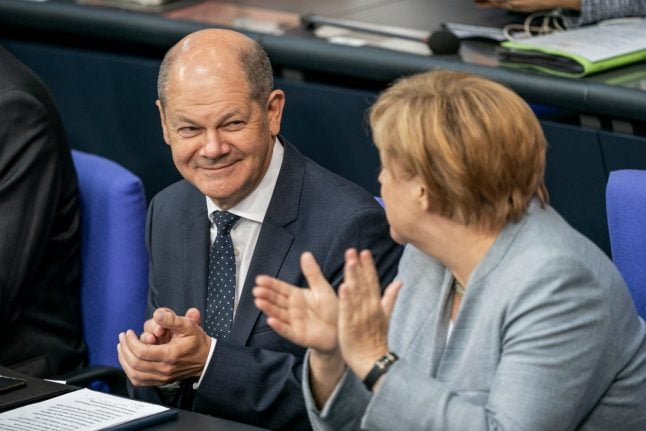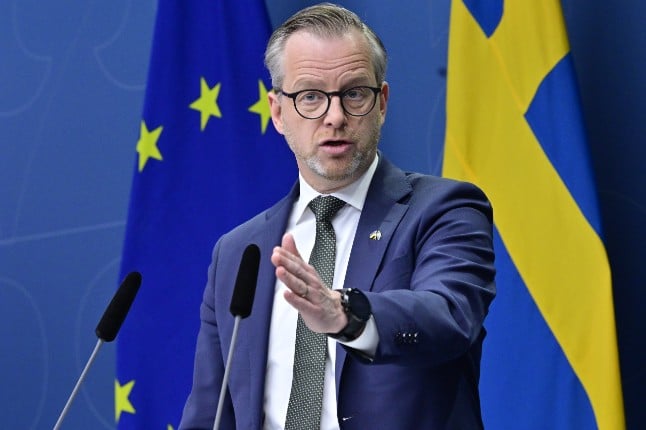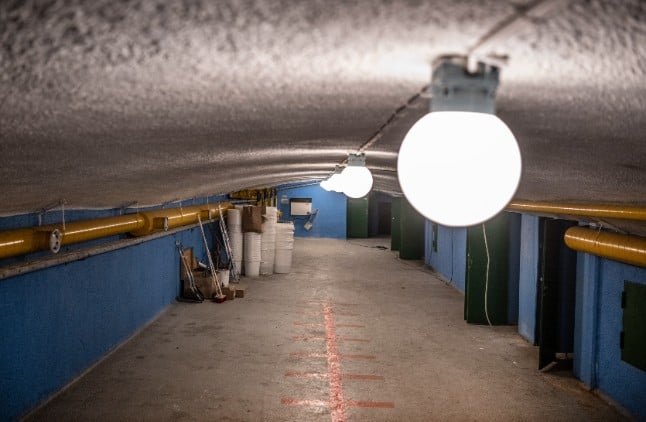“It's an expansionary budget” of around €350 billion, Scholz told members of the Bundestag on Tuesday.
For years, international organizations and partner nations have urged Germany to boost domestic spending, in part to balance out its massive trade surplus.
At home, where Scholz is running for co-leadership of the centre-left Social Democratic Party (SPD), many economists and his party colleagues have pressed government to rejuvenate crumbling infrastructure and outdated schools with borrowed cash.
“Germany will do what's needed without new debts,” Scholz insisted to MPs.
At the height of the financial crisis in 2009, lawmakers changed Germany's constitution to strictly limit how much the government could borrow, with some allowances in case of weaker economic performance.
But under Scholz and his conservative predecessor Wolfgang Schäuble, Berlin has stuck voluntarily to a still stricter no-deficit policy known as the “black zero” since 2014.
“At present, we are not in a crisis” that would justify abandoning it, Scholz said.
'Urgently settle trade conflict'
But he called on Washington and Beijing to settle “urgently” the United States-China trade conflict that has slowed the world economy and especially harmed export-oriented Germany.
Weighed down by protectionism, weaker emerging markets and the threat of Brexit, Germany's economy shrank 0.1 percent in the second quarter and may enter a recession in the third.
READ ALSO: German economy is 'down on its knees': Is a recession looming?
Scholz told an audience of bankers in Frankfurt last week that the federal government is “very ambitious” regarding investments, budgeting €40 billion per year.
But critics on the left note that as the economy grows, that sum will represent an ever-smaller share of GDP with each passing year.
Meanwhile items like a housing benefit for families are counted towards the total, a far cry from spending on school buildings, bridges or railways.
On top of that, Scholz has not included costs for implementing a climate protection package, set to be agreed on September 20 among the ruling centre left-conservative coalition under Chancellor Angela Merkel.
Economy Minister Peter Altmaier suggested last week that climate spending on items like cheaper train tickets or support for households to switch from oil-fired heating could come from a new 50-billion-euro investment fund empowered to borrow on financial markets.




 Please whitelist us to continue reading.
Please whitelist us to continue reading.
Member comments